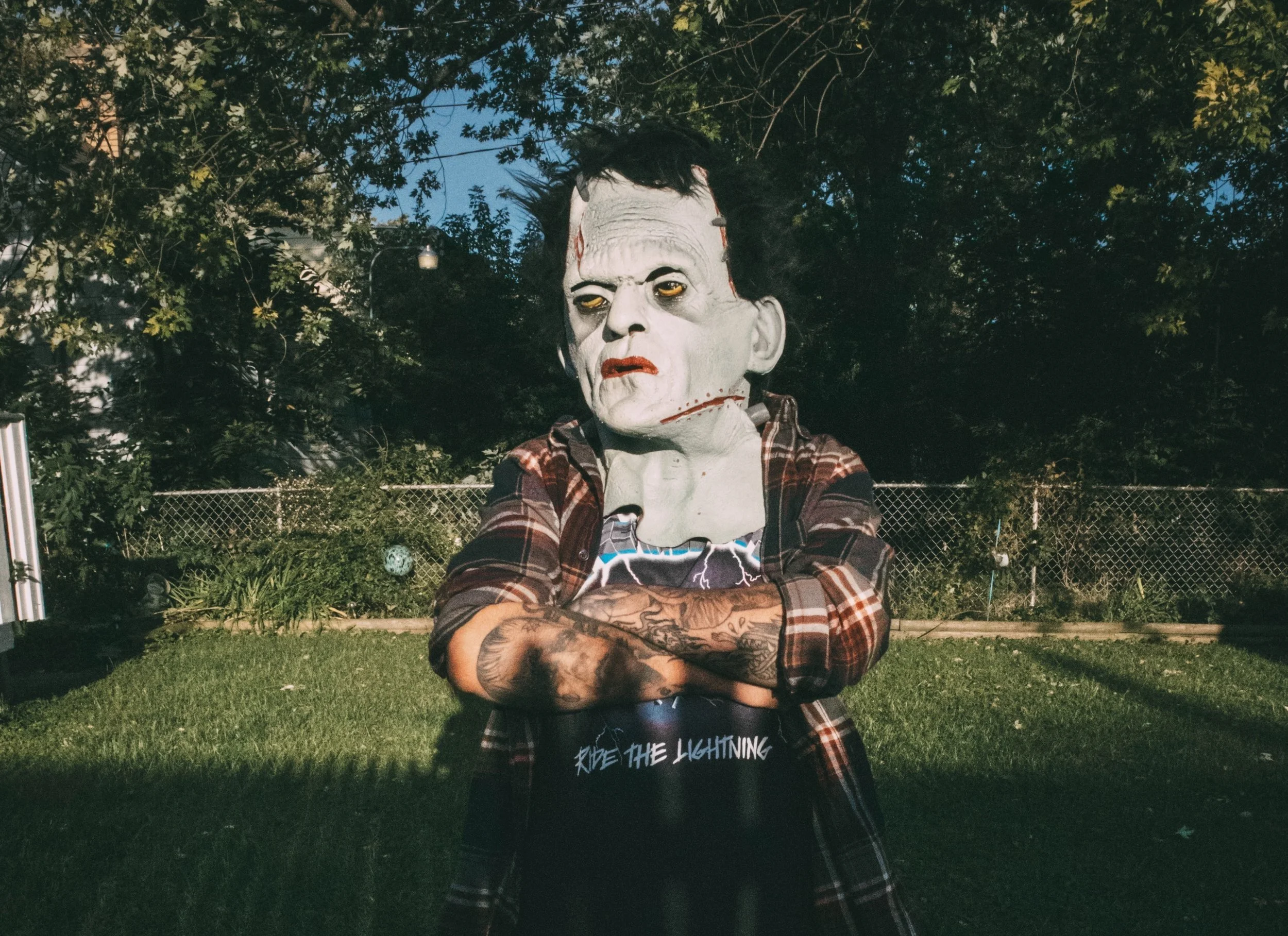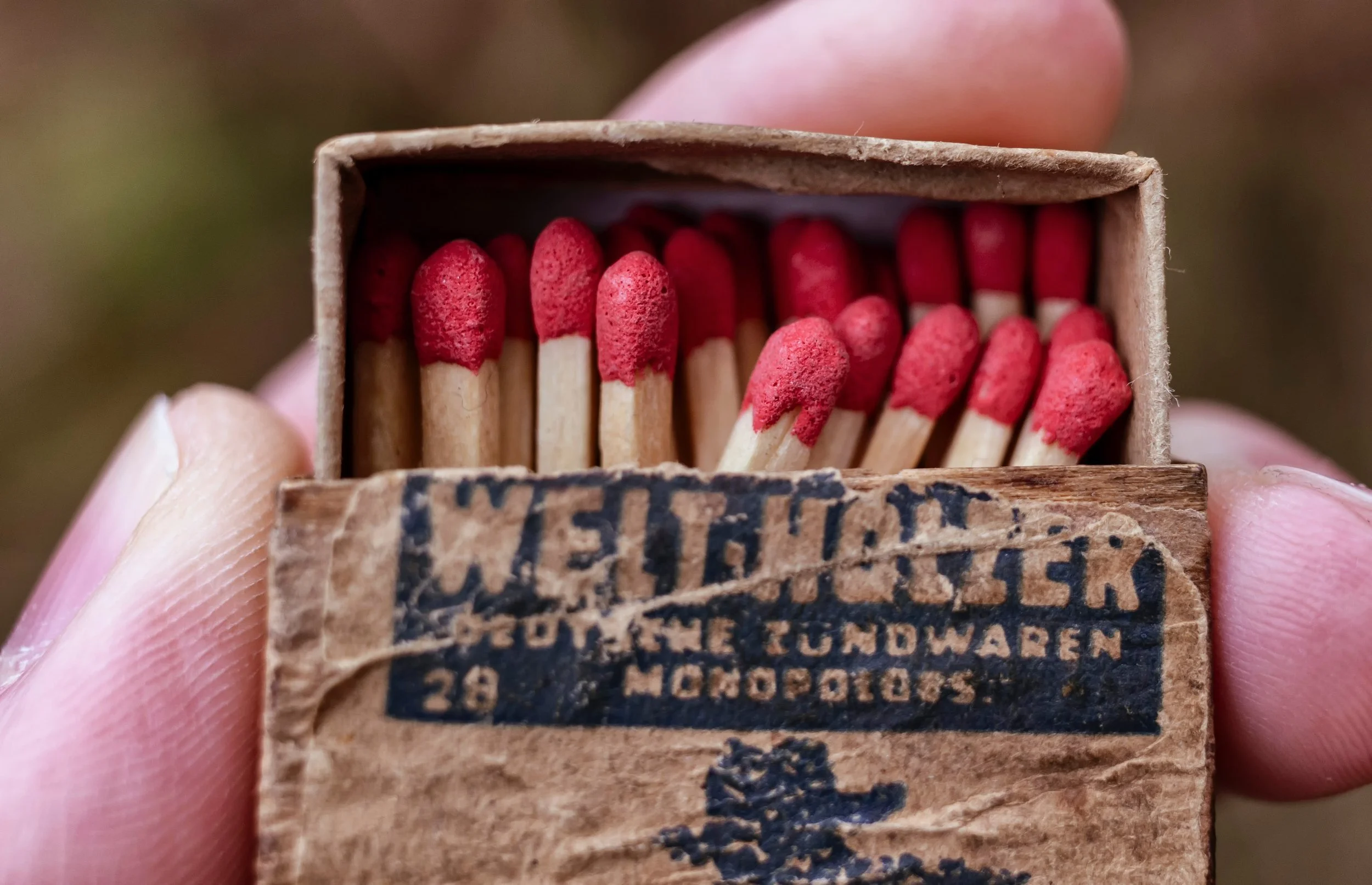I’m writing a memoir about Minneapolis in the 1990’s called Murderapolis. The book is about the neighborhood I come from and the people within it— teen runaways, people kicked out of halfway houses for the mentally ill during Reagan’s reign, refugees from Ethiopia and Eritrea, Native Americans seeking success away from the reservation while searching for what we used to call “The Minneapolis Dream.” The book is about the true devotion that arises from trauma bonding, the hysterical laughter that arises from grief. Most of all, it’s a love story to a time and a place that formed me. While each chapter is a story by itself, they all build upon each other to tell a larger story of the struggle to survive, and maybe even love, after enduring seemingly endless heartache.
I also research boredom. I have a Ph.D. in it, in fact. I’m fascinated by the things we pay attention to when we’re supposedly not paying attention— by what we can learn when we examine the dullest topic of all: dullness itself.

“Boredom is an instrument of social control. Power is the power to impose boredom, to command stasis, to combine stasis with anguish.”
— Saul Bellow



